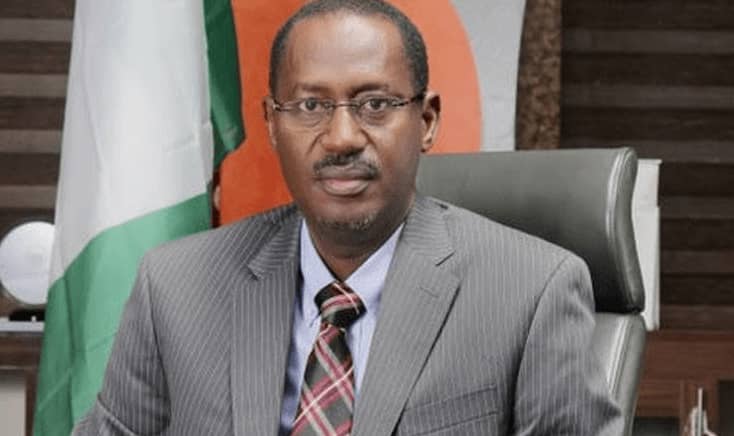Amid Nigeria’s deepening housing crisis, the short-let rental market is booming, particularly in Lagos and other major urban centres. The rise of platforms like Airbnb and locally-run alternatives has led to a rapid transformation in Nigeria’s property landscape, offering a flexible and often more affordable solution for both residents and visitors.
Increasing urbanisation, a swelling population, and the unaffordability of long-term leases for many middle-class Nigerians are driving the shift. At the same time, the influx of tourists, expatriates, and business travellers is boosting demand for temporary, furnished accommodations.
Property owners are increasingly turning to short-term leasing as a profitable venture. In Lagos, the epicentre of this trend, revenues from the short-let sector are forecast to grow from ₦264.3 billion in 2024 to ₦300 billion in 2025, according to a new report by real estate firm Edala Homes. The report, Lagos Short-let Market 2024, analyzed over 5,800 listings, with data sourced from AirDNA and internal tracking.

The report highlights Ikoyi as the top luxury submarket, generating ₦37.5 billion in 2024 and expected to reach ₦42 billion in 2025. Victoria Island and Banana Island followed with projected revenues of ₦21.6 billion and ₦12.4 billion, respectively. Lekki Phase I and Lekki Peninsula II emerged as the largest contributors, accounting for ₦94 billion and ₦70 billion in revenue.
Emerging areas like Ikeja, Yaba, Surulere, and Gbagada also showed strong performance, driven by increasing demand for mid-range and affordable options. According to Edala’s Chief Operating Officer, Samuel Olatunde, these markets are expected to remain resilient, with investors eyeing long-term growth.
While the sector continues to attract interest, the Lagos State government is reportedly preparing stricter regulatory measures for 2025. These are expected to cover taxation, safety, and guest verification. Stakeholders have been urged to ensure full compliance.
Edala’s CEO, Temidayo Oloyede, pointed to Lagos’ festive season popularly dubbed “Detty December” as a major revenue driver, with over 1.2 million tourists recorded, 60% of whom were domestic.
Estate Intel, a property data platform, noted a 263% growth in short-let activity in Lagos over the past three years. Seasonal demand from the Nigerian diaspora, coupled with services that rival traditional hotels, continues to drive growth.
Global data platform Statista projects Nigeria’s vacation rental sector to generate $595.6 million in 2025, rising to $883.2 million by 2029, with 70% of revenues coming through online platforms.
However, industry experts have flagged the downside. As more property owners convert units to short-term rentals, affordable long-term housing is becoming scarce. Olorunyomi Alatise, an estate surveyor, described the trend as “a disruptive force” that needs to be regulated to avoid exacerbating the housing shortage.
The rise of short lets has been particularly evident since the COVID-19 pandemic, when hotel closures made them a preferred alternative. Even as normalcy returned, demand has remained high. Occupancy rates are projected to surpass 50% in 2025, with a typical Airbnb listing in Lagos booked for 161 nights annually at an average daily rate of $66, generating around $10,000 in host income per year.
The trend is also affecting property prices. According to the BuyLetLive 2024 Nigeria Property Price Index, short-let apartment prices in Lagos rose over 200% in 2024 alone. Ikoyi led the surge with a 60% price increase, followed by Lekki Phase I, Ikeja, Magodo, and Surulere.
Experts agree the sector offers strong returns, but warn that its unchecked expansion could put further strain on the country’s fragile housing supply. While short lets present an attractive investment, calls for balanced regulation are growing louder as Nigeria seeks to address its worsening housing deficit.
Ahmed Dangiwa, recently appointed Minister of Housing and Urban Development, is expected to face mounting pressure to find solutions that balance investment interests with the public need for affordable housing.




